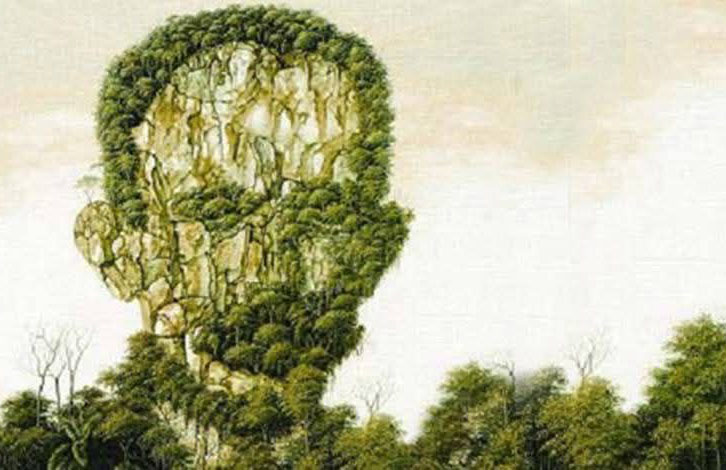
Havana, July 10 – Regarding her presentation at the "Martí is Alive" Science and Innovation Fair, which begins today at 10:00 a.m. at the Center for Martí Studies (Cem, for its acronym in Spanish), Marlene Vázquez Pérez, researcher and director of the institution, shared exclusive details of her presentation, "José Martí and the Technological Advances of His Time," with the Cuban News Agency.
It will focus on the Apostle's vision of the science and technology of his time, he said, as well as his relationship with civic ethics.
Martí, she noted, valued scientific knowledge; he believed it was essential for journalists and citizens, and he was aware of scientific and technological advances, highlighting figures such as John Erickson and Thomas Edison; he also wrote about innovations such as vaccines and farming methods.
His interests encompassed the natural and exact sciences, reflecting his commitment to the progress and well-being of humanity; this is something that must be made known and kept current, the researcher explained.
She also commented that Martí had an inclusive vision of science, advocating for its democratization and access for all, not just an academic elite; he believed that science should be communicated in everyday language so that anyone could understand it and be attracted to further study; these are the main ideas of her presentation.
The National Hero also emphasized that scientific advances should contribute to peace and improve people's quality of life, facilitating their existence in the world, from a perspective that reflected a commitment to education and social progress, she concluded.
Organized by the Cem, the " Martí is Alive " Science and Innovation Fair will become a favorable setting for learning about the presentations of projects in development and proposals for future work by research teams from the Library, the website, and the publishing department. (Text and photo: ACN)